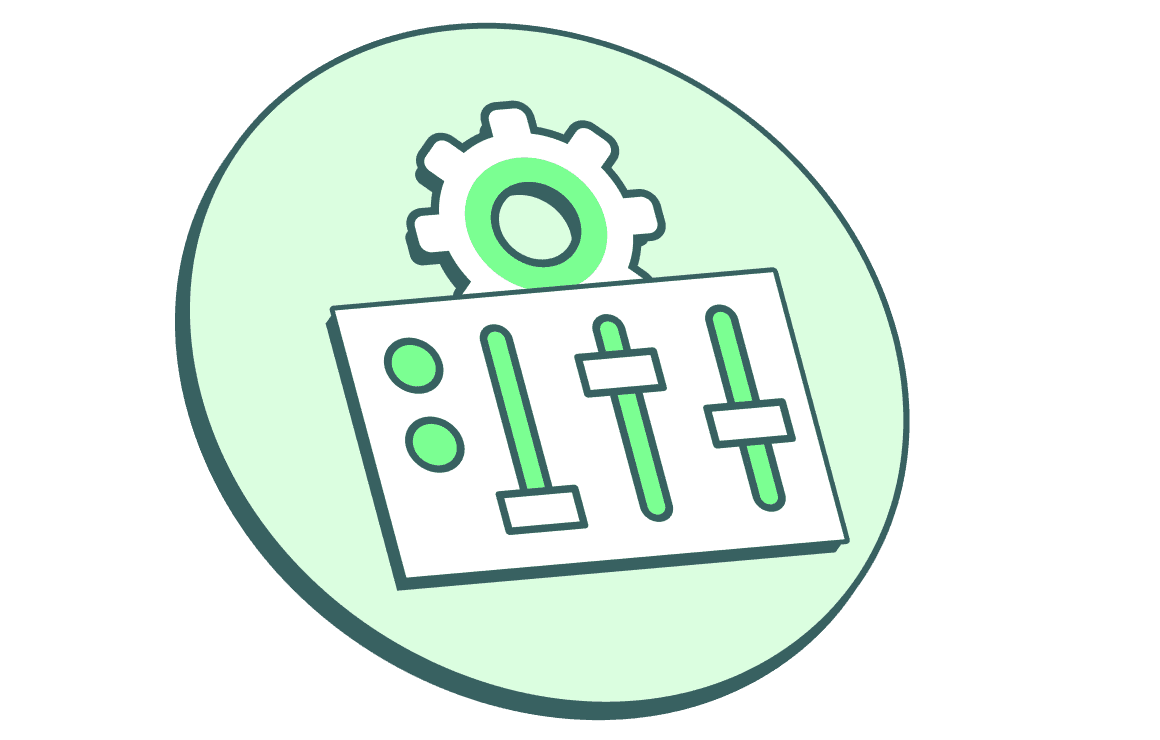How Non-Human Identity Management Can Elevate Your DevOps Practices
Nov 13, 2024
The integration of automation, microservices, and cloud-native applications has led to an explosion of non-human entities. Applications, services, APIs, and IoT devices now interact seamlessly within organizational networks. Managing the identities of these non-human actors is crucial for enhancing DevOps efficiency, security, and compliance.
Understanding Non-Human Identities in DevOps
Non-Human Identities include machine or application identities that access resources within a network. In DevOps environments, these identities facilitate continuous integration and continuous deployment (CI/CD) pipelines, automated testing tools, and configuration management systems. Without proper management, they can become vulnerabilities, exposing systems to security breaches and operational inefficiencies.
The Importance of Secure Identity Management
Implementing effective NHI management ensures each machine or application has appropriate access rights, adhering to the principle of least privilege. This approach minimizes the risk of unauthorized access and potential exploitation by malicious actors. By assigning unique identities and credentials to each service or application, organizations can track and audit actions more effectively, quickly identifying anomalies that may indicate security threats.
Enhancing Automation with Secure Credentials
Automation is the backbone of DevOps, and secure non-human identity management is pivotal in this process. Credential management solutions, such as secrets management tools, securely store and rotate passwords, keys, and tokens used by applications and services. This practice both bolsters security and reduces the overhead associated with manual credential updates, accelerating deployment cycles and improving operational efficiency.
Scalability Through Efficient Identity Provisioning
As organizations adopt microservices architectures and containerization, the number of non-human entities grows rapidly. Automated identity provisioning and de-provisioning processes ensure that identities are efficiently managed as services scale up or down. This maintains security without impeding agility, allowing DevOps teams to respond quickly to changing demands.
Meeting Compliance and Regulatory Standards
Compliance with regulatory standards is a critical concern for many organizations, especially regarding access to sensitive data. Robust non-human identity management practices help meet these requirements by providing detailed logs and audit trails of all non-human interactions within the system. This transparency is essential for demonstrating compliance during audits and avoiding potential penalties.
Fostering a Culture of Security Awareness
Integrating non-human identity management into DevOps practices fosters a culture of security awareness. It encourages teams to consider security implications throughout development and deployment processes, rather than treating security as an afterthought. This proactive stance leads to early detection of potential issues, reducing the cost and impact of addressing them later in the development cycle.
Conclusion
Non-human identity management is a critical component that can significantly elevate DevOps practices by enhancing security, improving operational efficiency, and ensuring compliance. By prioritizing the management of machine and application identities, organizations are better equipped to handle the complexities of modern technological ecosystems. Investing in robust identity management solutions is a strategic move that provides a competitive advantage in an increasingly interconnected world.
To stay ahead in the competitive landscape, organizations should assess their current non-human identity management practices. Implementing robust solutions not only safeguards your infrastructure but also streamlines your DevOps processes, positioning your organization for long-term success.

